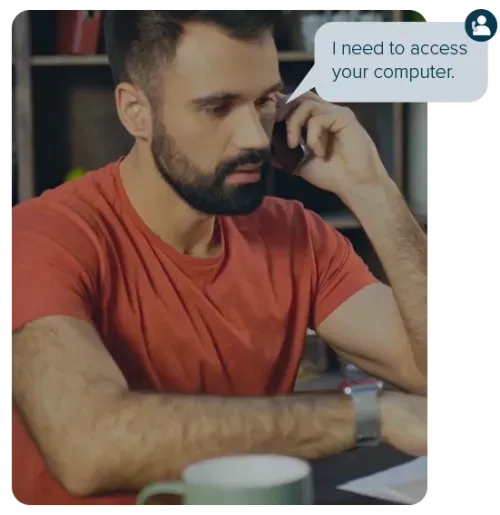
Start with this checklist:
If you or someone you know has been a victim of elder fraud, help is standing by at the National Elder Fraud Hotline.
IdentityTheft.gov is the federal government’s one-stop resource for identity theft victims. The site provides streamlined checklists and sample letters to guide you through the recovery process.
Protect your community by reporting fraud, scams, and bad business practices.
The Internet Crime Complaint Center, or IC3, is the Nation’s central hub for reporting cyber crime. It is run by the FBI, the lead federal agency for investigating cyber crime.
If you or your loved one is a victim of crime, help is available. Their site has resources to help, including toll free hotlines and information about services in your state/territory.
A national hub of consumer protection information and resources for consumers from your state or territory attorney general.
Let lenders know that you may be a victim of fraud through Equifax Customer Support Services.
Fraud alert messages notify potential credit grantors to verify your identification before extending credit in your name in case someone is using your information without your consent.
Find resources regarding social security scams and report scammers to the Office of the Inspector General.